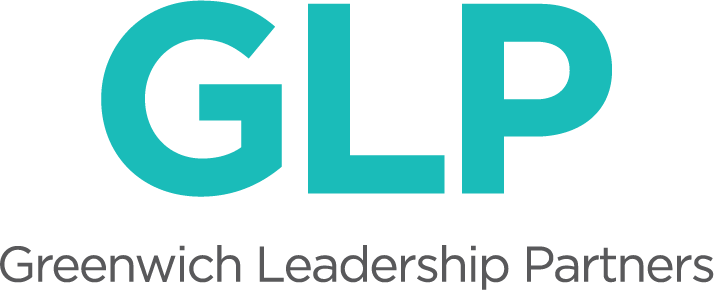Designing a new school generates a lot of questions. One of the first we ask ourselves is: who is the school for, exactly? There is often an underlying assumption that an alternative model will serve some special category of learners like kids with learning differences, kids with educational goals other than attending college, or kids with certain social and emotional needs.As the GHS team explored this question, they quickly realized that the students they hope to serve may seem as diverse as the entire population at Greenwich High. But these stories reveal what they have in common - that they are motivated, self-directed learners who engage in ways that may surprise you:
Meet Annie: She earned her first high school A in Short Fiction in the Fall of her Junior Year. After the class ended, she remained in touch with the teacher, reaching out to discuss stories she read on her own. It is the Fall of her Senior Year. While she is not enrolled in Short Fiction, she attends the class on her own accord. She tells the teacher she has an open. The teacher welcomes her to join the class. Turns out, Annie doesn’t have an open. She has French.
Meet Franco: Franco is a freshman honors math student. After rushing through a quiz, he brought up a piece of paper with a sketch of a baseball field laying out the Mets’ starting lineup and a statistic that calculated their value to the team. He had created his own similar statistic and approached his teacher about how to best calculate it across multiple teams. And then the bell rang. Within the scope of current math courses, Franco won’t have the opportunity to pursue this type of statistics.
How did the team come up with these profiles? To answer the question of who this school is for, they began to share stories about students they have known over the years - students who wanted to learn but hadn’t found the time, space or context to engage fully in a traditional curriculum. They realized that although the students they described may have varying interests and ways of engaging with school, that they are all dedicated learners willing to tackle difficult work when it taps into their passion.
If you were building a school from the ground up, who would your school be for?

